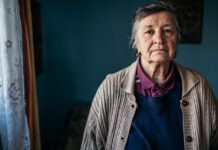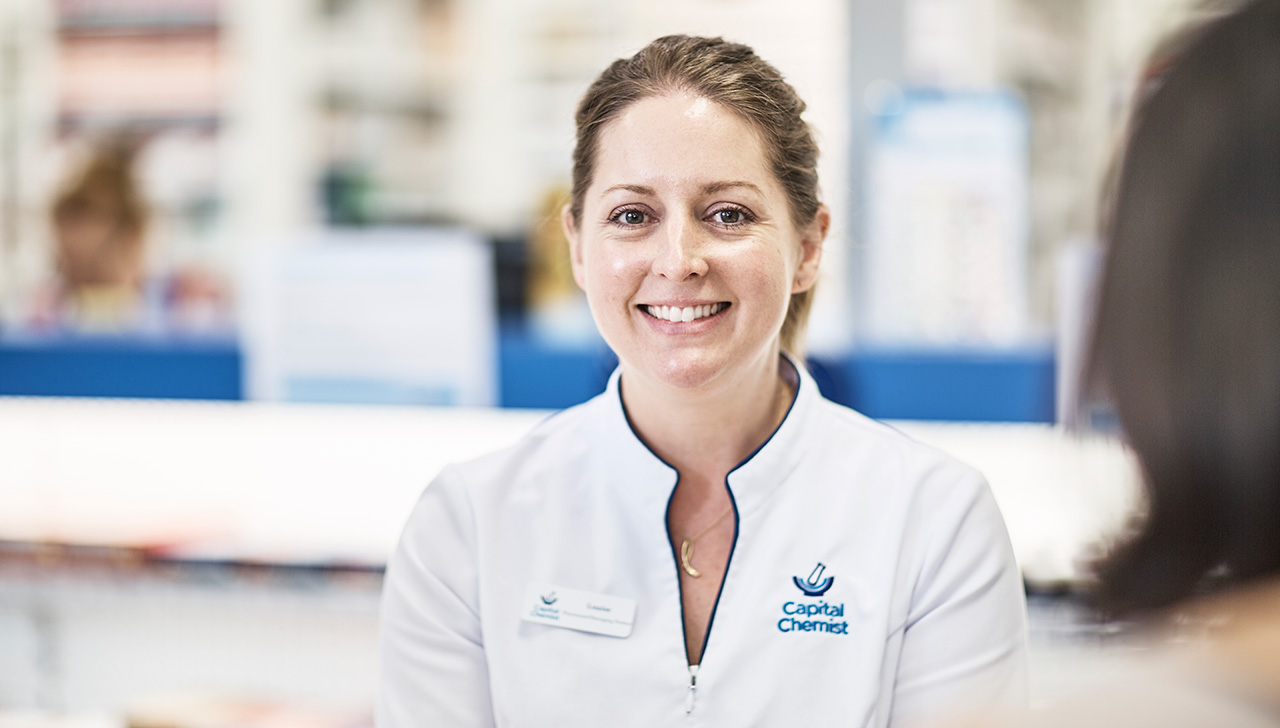According to the Australian Institute of Health and Welfare, it is estimated that in 2019, breast cancer will be the most commonly diagnosed cancer. Pharmacists have a significant role to play in raising awareness and supporting people living with the condition.
Over 19,000 incidents of breast cancer are estimated to occur in 2019 with mortality rates estimated to reach 3,090, the fourth highest cancer mortality for 2019. The incidence estimates are based on 2006–2015 incidence data, and mortality rates are based on data from 2007–2016.1
When breast cancer is detected in its earliest stages, the relative rate for a female to survive at least 5 years is 100%, according to 2011 data. But when diagnosed at the latest stage, this figure drops down to 32%.1
Pharmacist and breast cancer survivor Jessica Chapman-Goetz MPS says that pharmacists can help raise awareness of the condition, particularly during Breast Cancer Awareness Month (every October).
Pharmacists should be talking to women about breast examination and whether they are self-examining appropriately. Women 40 years and over should be informed that although they are not actively targeted, they are eligible for free screening mammograms every two years through Breast Screen.
When dispensing menopausal hormone therapy (MHT), pharmacists should be aware that MHT has been associated with an increased risk in breast cancer and is contraindicated in those that have had a history or a strong familial link with the condition, Ms Chapman-Goetz says.
Pharmacists should be regularly encouraging women who take MHT to conduct breast checks, and enquire about the family history of the condition as well as informing women of the potential risks.
‘If they find anything they think is suspicious, encourage them to get it checked out by a GP,’ Ms Chapman-Goetz says.
Pharmacists should highlight the potential risks of familial breast cancer to patients who come in with children or female relatives. They should also encourage patients to advise the women in their family to check their breasts or have mammograms.
If patients have any concerns, pharmacists should always suggest that they see their GP who can assess if a mammogram prior to the age of 40 is warranted.
Management of the condition
Ms Chapman-Goetz says that hospital pharmacists are perfectly placed to provide counselling around intravenous or oral chemotherapy and immunotherapy, as well as supportive medicines at the time of discharge, such as anti-nausea medicine or short-term courses of corticosteroids that might be required.
‘But in the community setting, there is a huge role for pharmacists to help with supportive oncology care,’ she says.
‘Sometimes the transition of care from hospital to community is a little bit lacking and women don’t know where to go. While they can turn to online forums, which have a place in letting women know that they are not going through this alone, these forums are not suitable for management of chemotherapy or other related therapy and the associated adverse effects.’
Ms Chapman-Goetz says community pharmacists, particularly those dispensing oral chemotherapy or antioestrogens (e.g. oestrogen antagonists, aromatase inhibitors), should query how well patients are tolerating the treatments, if they have any concerns, or if they feel well informed.
‘The process is really quite overwhelming from the time of diagnosis. A patient may have received really fantastic counselling from a hospital pharmacist, but there is a lot to take in and they may still be shocked by the diagnosis.
‘Community pharmacists can help by reiterating these counselling points and help with adverse effects and toxicities such as constipation and mucositis respectively. Mild mucositis, once diagnosed, can be treated in the community setting. These adverse effects and toxicities in combination with cancer treatment can really impact quality of life.’
To increase the confidence of chemotherapy patients experiencing alopecia, Ms Champ-Goetz says that community pharmacies could stock various ranges of headwear.
She also stresses the need to address mental health. ‘While medicines and symptom management are important, breast cancer is a difficult journey to navigate,’ she says.
When people have been diagnosed or have a family member who has received a diagnosis, pharmacists should check in with them about how they are coping and refer them to the Cancer Council or the Breast Cancer Network Australia, where they can access support services.
References
- Australian Institute of Health and Welfare. Cancer in Australia 2019. 21 Mar 2019. At: https://www.aihw.gov.au/getmedia/8c9fcf52-0055-41a0-96d9-f81b0feb98cf/aihw-can-123.pdf.aspx?inline=true



 Kelly Abbott MPS[/caption]
Kelly Abbott MPS[/caption]


 Owner of Canberra's Capital Chemist Southlands Louise McLean MPS.[/caption]
Owner of Canberra's Capital Chemist Southlands Louise McLean MPS.[/caption]

 Supplied by CSL Seqirus[/caption]
Supplied by CSL Seqirus[/caption]








